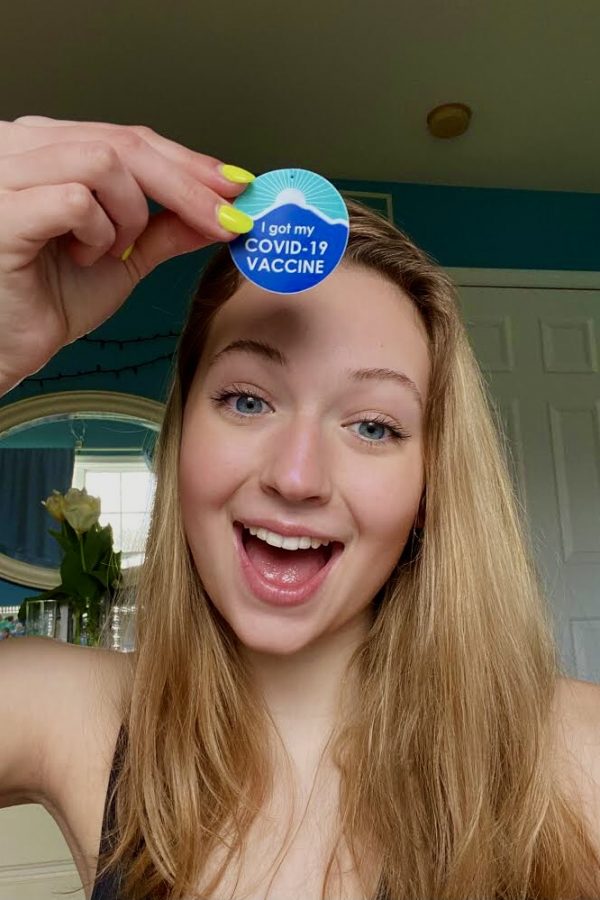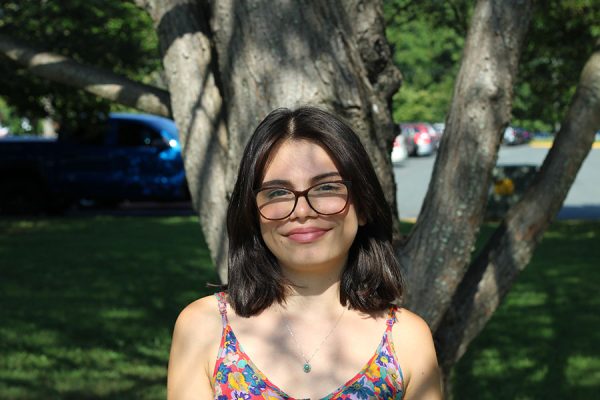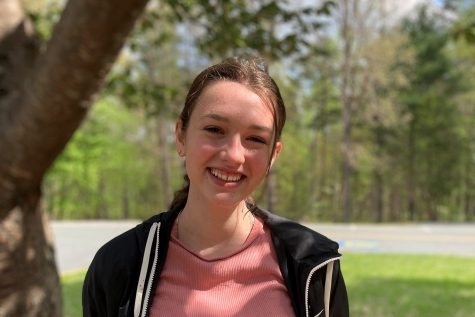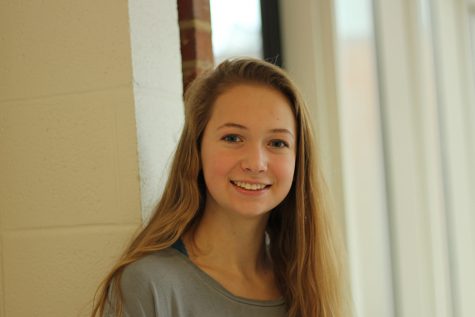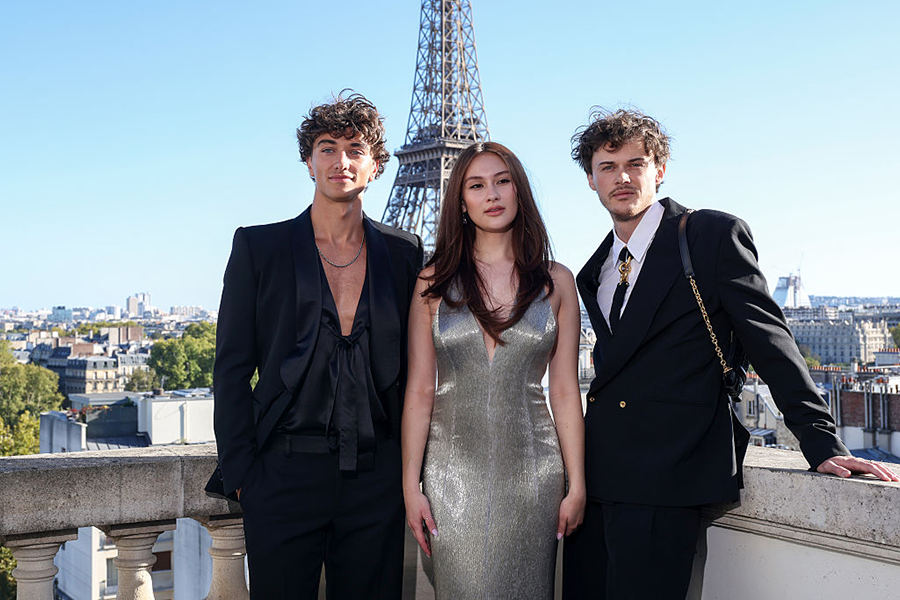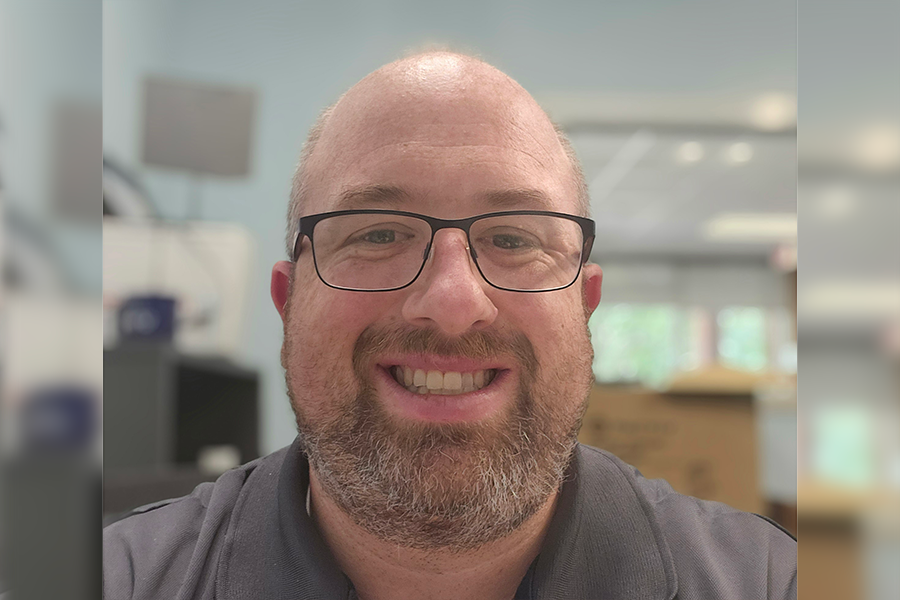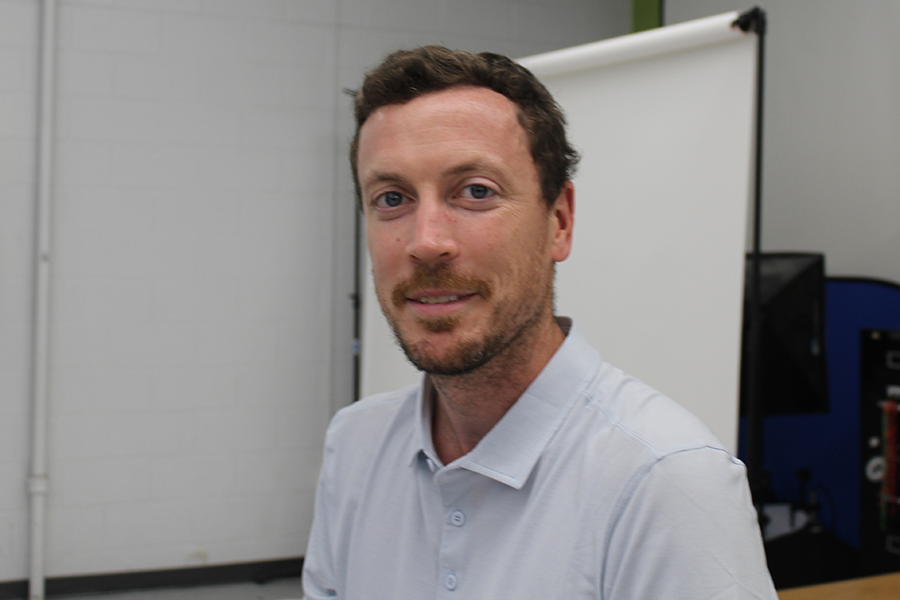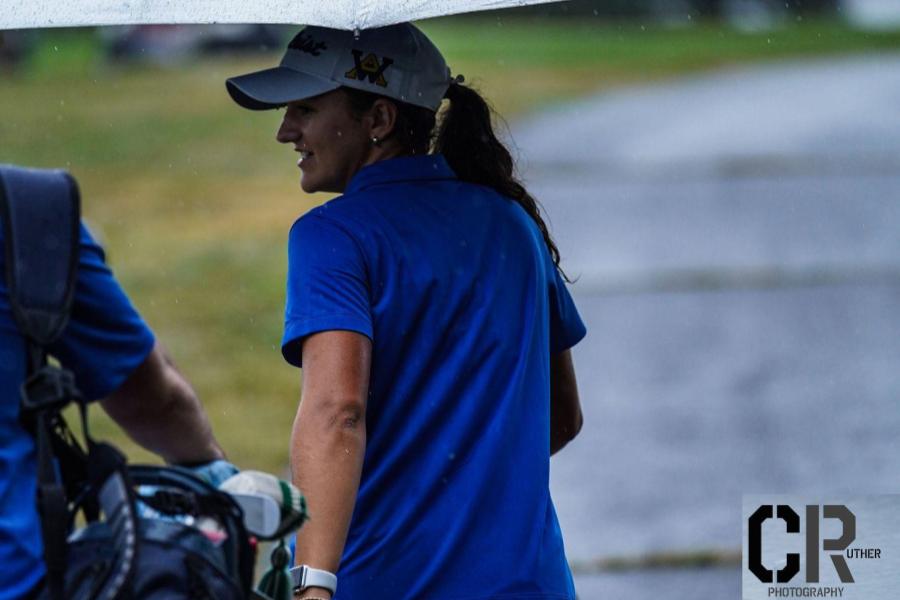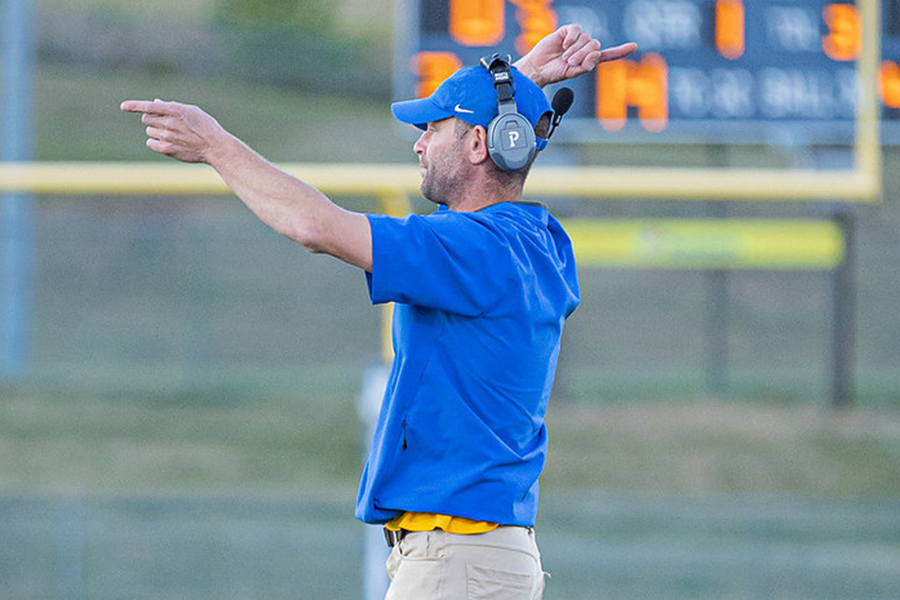Teens on Vaccines: Students Reflect on the Vaccination Process
Credit: Kathryn Burr
Senior Kathryn Burr is one of several students who have recently been vaccinated.
April 15, 2021
Last year, the first wave of the COVID-19 virus ravaged the globe, leaving fear, uncertainty, and panic in its wake. In March of 2020, the state of Virginia officially entered lockdown quarantine as a result of the “stay at home” order put in place by Gov. Northam.
The quarantine was lengthy and dramatically impacted the way society functioned. Businesses and schools were forced to resort to virtual communications with which they had little to no experience. The socializing that occurred in and out of school was curtailed, and students were forced to be in total isolation with their families. Through this pandemic, WAHS students persevered and adapted. U.S. citizens remained hopeful as scientists worked to develop a vaccine that would minimize the spread of COVID-19.
As it stands, two vaccines from Pfizer BioNTech and Moderna have been approved and recommended by the FDA. Recently, the distribution of the Johnson & Johnson vaccine was temporarily halted as evidence suggested possible blood clots as a rare side effect of the vaccine. President Biden has said that 90% of adults should be eligible for the vaccine by April 19.
Recent data from a Phase 3 clinical trial shows that the Pfizer BioNTech vaccine is not only safe but also is highly effective in teens from the ages of 12 to15. Pfizer has requested an extension of their emergency use authorization to include this group of minors, and they hope to begin vaccine distribution by the beginning of next school year. However, this would still leave much of the Western student body vulnerable to infection.
A week ago, a sample size of the student body was polled via Instagram about their opinions on the COVID-19 vaccines. Out of 101 kids, 94 percent of kids said they would get the vaccine if they had access to it.
“I haven’t gotten it yet, but I want it and I’m on the waiting list, said junior Megan Life. “I’m scared of shots though so I’m kind of nervous, but I will definitely get [the vaccine] so that things can be more normal.”
While the vaccine’s purpose is to prevent vaccinated individuals from contracting COVID-19, it is still unclear if they prevent vaccinated people from spreading and transmitting the virus to other individuals. Doctors and researchers at the CDC, including Dr. Fauci, are leading a clinical trial through which they hope to discover whether or not the vaccines mitigate this transmission.
Junior Austin Winslow, who is pre-registered for the vaccine said, “I would be super excited to get it because that means I would be able to not quarantine and feel safer about being in normal life.”
Senior Kathryn Burr recently received the Pfizer vaccine. “I do believe the vaccine is safe. I trust the science behind it and wanted to get it to protect myself, my family, and others around me,” she said. “It has definitely helped me feel safer. I have high-risk immediate family members who were also vaccinated, so I feel better about their safety in general as well as the reduced risk of me bringing it back home to them.”
Misinformation surrounding the vaccination process has been a prevalent hindrance to herd immunity and public health safety. The Huffington Post writes that Instagram is a “public health nightmare” because its algorithm pushes vaccine misinformation, further bolstering fear and mistrust in the vaccines. The vaccines have been thoroughly tested and authorized by many legitimate organizations, yet social media platforms such as Instagram and TikTok serve as a platform for the spread of misinformation.
Burr agrees that she has definitely received misinformation on vaccines. “Thankfully, I have been taught to analyze sources well, so I don’t believe it,” she said. “Information on both sides of the political spectrum supports the vaccine, and it is mostly radical and unreliable sources that contain the most misinformation. That being said, I’ve tried to do research from as many perspectives as possible.”
Burr elaborated that misinformation is one of the greatest roadblocks on the path to the end of this pandemic. “I think it is crucial to the country’s recovery from COVID to ensure that people who are hesitant about or do not believe in the effectiveness of the vaccine ultimately learn about its benefits for themselves and society.”
Senior Sydney Compton agrees that education about the vaccine is important. While students should have the autonomy to control their learning, she said, “there should be good, thorough resources for those looking to be informed.”
Earth Science and Biology teacher Ms. Eagen has noticed her students engaging in less misinformation during class since the vaccines have been certified by the FDA. “I think most students are hearing reputable data now though.” Eagen believes the ability to identify misinformation is a vital skill for students and said, “That’s one of the skills I hope we’re developing, especially in this world we live in today.”
Compton is one of many who feel immensely hopeful after receiving her vaccination. “Seeing so many people volunteer and give shots to such a diverse group of people seemed patriotic in a sense… in the best way possible. Just people caring about one another.”
The United States continues to persevere through each phase of the coronavirus pandemic. By taking steps to get vaccinated, the country can minimize transmission, and society can move towards a more normal and safe world.



